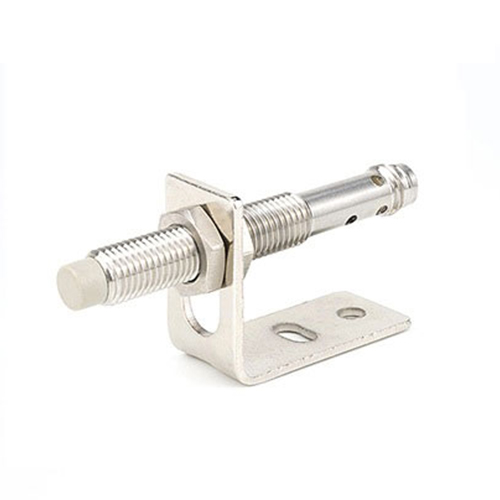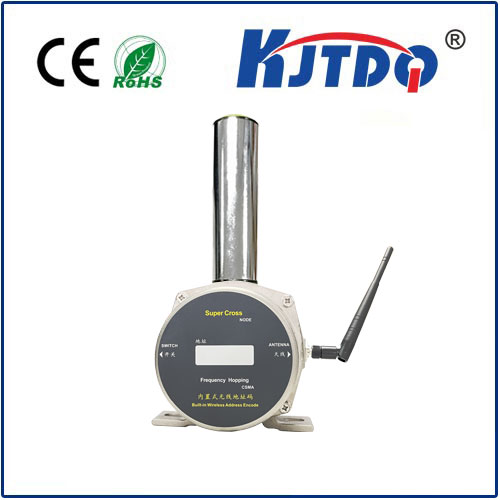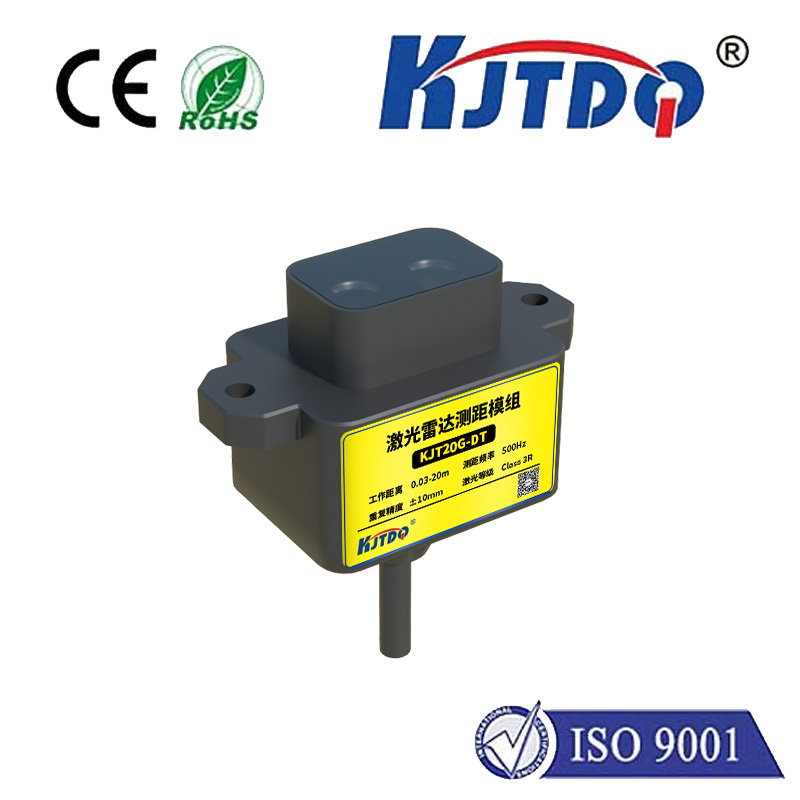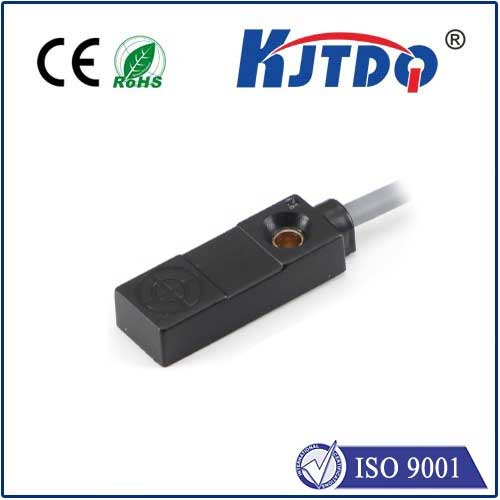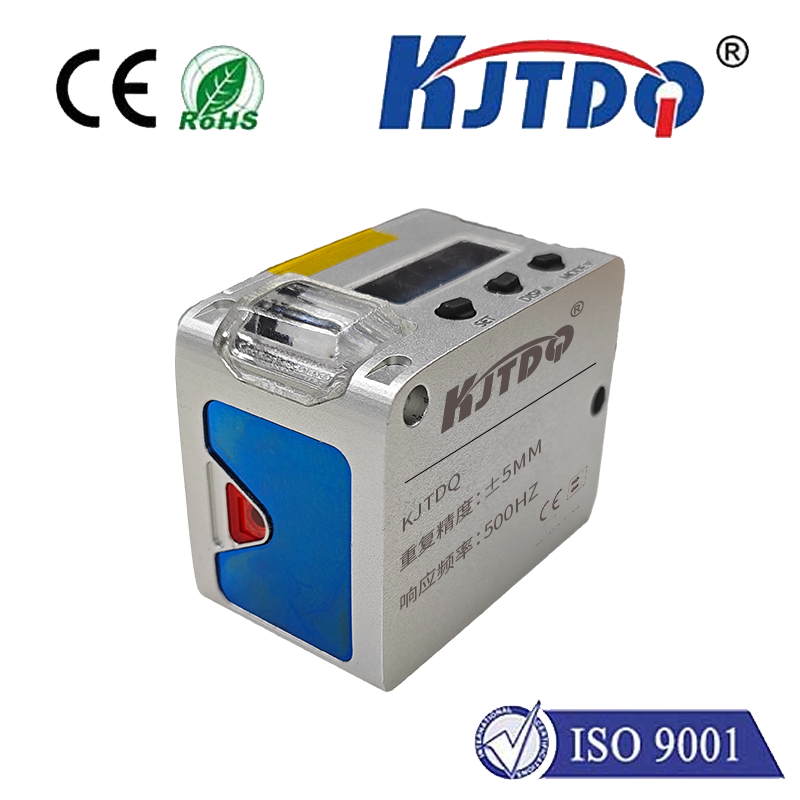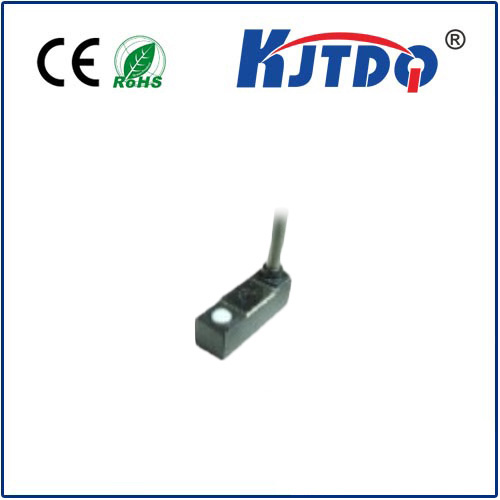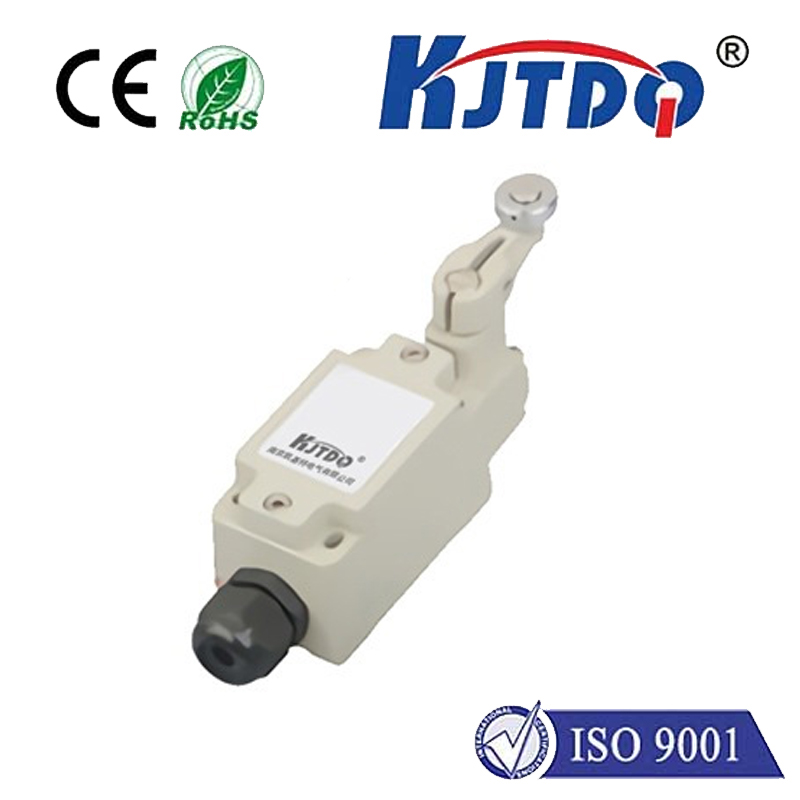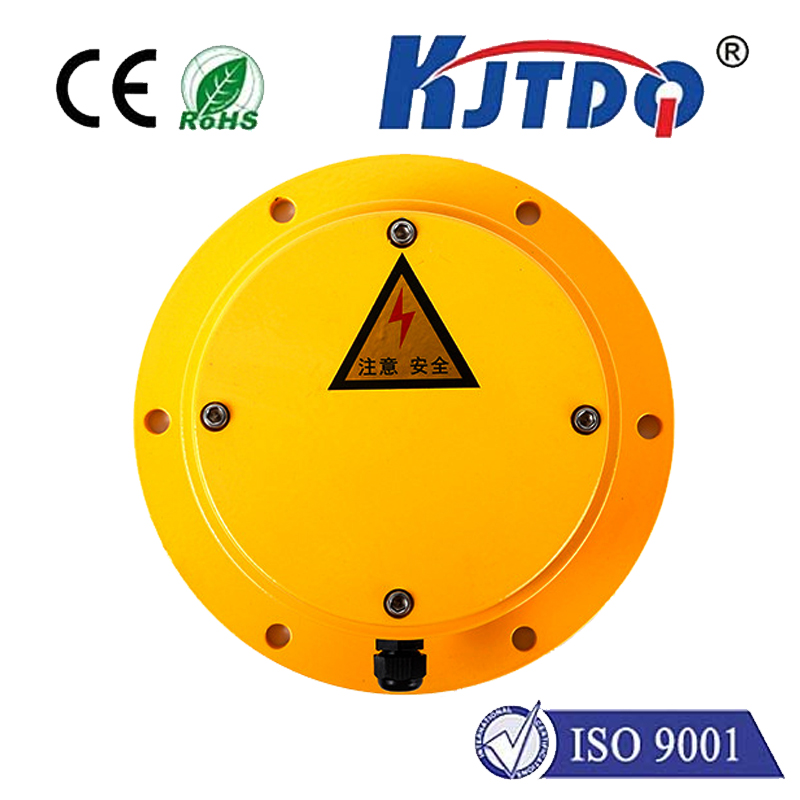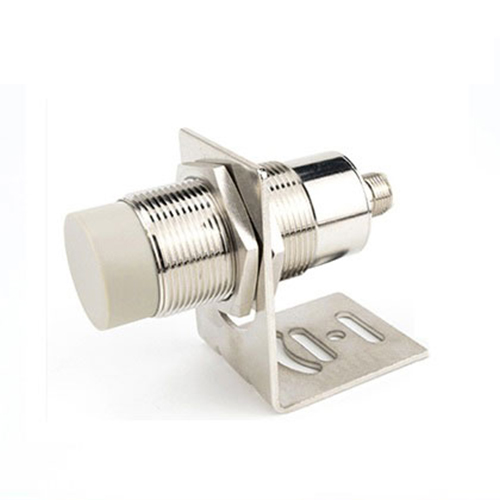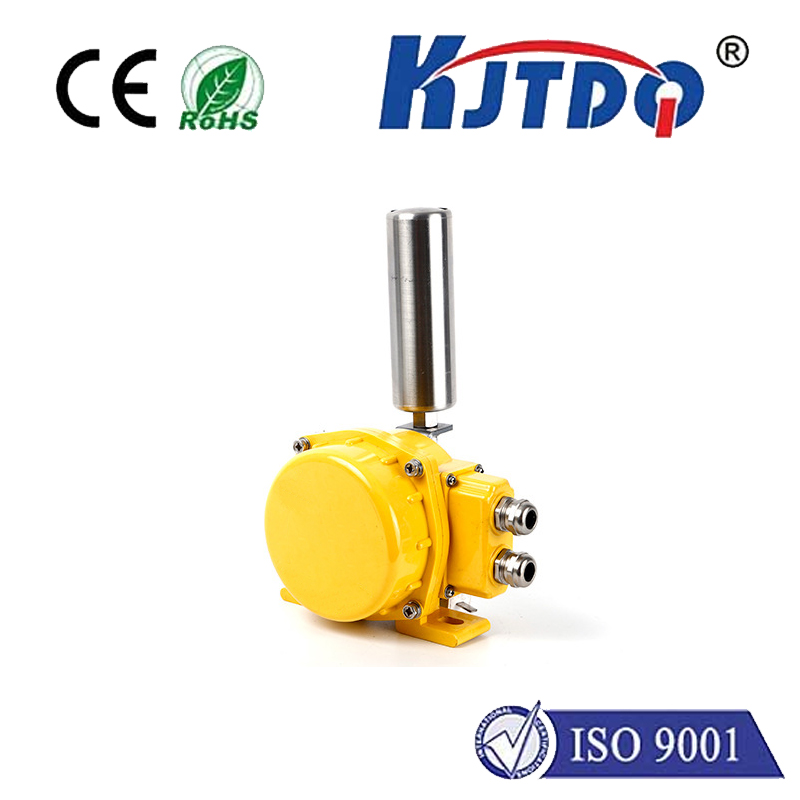High Temperature Capacitive Sensor: A Revolutionary Technology for Industrial Applications
Презентация
In the world of industrial automation, sensors play a crucial role in monitoring and controlling various processes. Among the many types of sensors available, capacitive sensors have gained immense popularity due to their high sensitivity and accuracy. However, traditional capacitive sensors are limited by their inability to operate at high temperatures. This has led to the development of high temperature capacitive sensors, which offer a range of benefits for industrial applications.
Working Principle of High Temperature Capacitive Sensors

High temperature capacitive sensors work on the same principle as their conventional counterparts but are designed to withstand extreme temperatures. These sensors consist of two parallel plates separated by a dielectric material. When an object or substance comes into contact with one plate, it changes the capacitance between the plates. This change is then measured and converted into an electrical signal that can be processed by a microcontroller or other electronic device.
Benefits of High Temperature Capacitive Sensors
1. High Temperature Resistance: As the name suggests, high temperature capacitive sensors are capable of operating in harsh environments with temperatures ranging from -200°C to +800°C. This makes them ideal for use in industries such as metallurgy, glass production, and cement manufacturing where traditional sensors would fail due to extreme heat.
2. Accuracy and Sensitivity: High temperature capacitive sensors provide accurate and sensitive measurements even at high temperatures. This is because they are less affected by external factors such as humidity, pressure, and vibration compared to other types of sensors.
3. Long-Term Stability: These sensors are designed to maintain their performance over long periods of time, making them suitable for continuous monitoring applications. They do not require frequent calibration or maintenance, reducing downtime and increasing productivity.
4. Wide Range of Applications: High temperature capacitive sensors can be used in a variety of industrial applications, including level monitoring, position detection, proximity sensing, and more. They can also be customized to meet specific requirements, making them versatile and adaptable.
Выводы
High temperature capacitive sensors represent a significant advancement in sensor technology, offering unparalleled performance and reliability in harsh industrial environments. Their ability to operate at extreme temperatures, combined with their accuracy and long-term stability, make them an essential tool for businesses looking to optimize their processes and reduce costs. As technology continues to evolve, we can expect even more innovations in this field, further expanding the possibilities for industrial automation and control.
